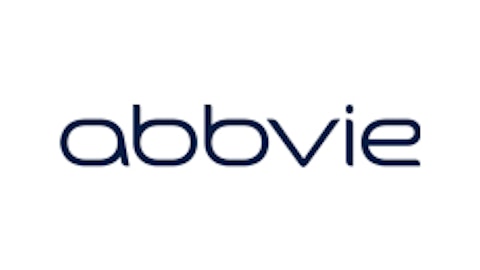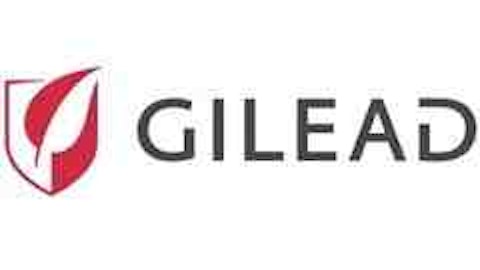Eli Lilly’s third attempt at finding a viable drug for Alzheimer’s also came to naught when it halted testing of LY2886721, a BACE or beta secretase inhibitor, after Phase II data revealed abnormal liver biochemical tests.
Eli Lily is not alone
In July 2011, Bristol Myers Squibb Co. (NYSE:BMY) announced data relating to a Phase II study of its investigational gamma-secretase inhibitor (BMS-708163). The data only indicated that the amyloid hypotheses needed further evaluation.
In July 2012, Pfizer Inc. (NYSE:PFE) announced that it was abandoning further development of intravenous formulations of bapineuzumab, an anti-amyloid antibody, after the failure of its Phase II study. However, Phase II studies of subcutaneous delivery were to continue; their results are expected in 2014.
More recently, on May 7, 2013, the search for a treatment of Alzheimer’s or anything that could reduce its symptoms received another jolt, when Baxter International Inc. (NYSE:BAX) reported that its immune-bolstering treatment had ended in a failure.
The drug, Gammagard, created out of components of the human immune system, was supposed to be able to remove plaque. Sadly, the study did not completely succeed. It did show some inconclusive benefit to certain subgroups of patients, and investigators are hanging on to data from their analysis of the subgroup trial, in the hope that it may yet be of benefit to specific patients.
Following a series of high-profile failures, in February 2013 the FDA issued guidance to developers of Alzheimer’s disease drugs, telling them that they need to develop drugs for treatment of the disease in its early stage – probably because the regulator felt that the brains of patients in later stages were too damaged to respond to treatment. However, this necessitated development of tests that would effectively identify patients with a mild form of the disease.
The FDA guidelines, and the necessity of finding at-risk patients, may have prompted Merck & Co., Inc. (NYSE:MRK) to enter an agreement with Luminex Corporation (NASDAQ:LMNX) to work on a test that can flag biomarkers for Alzheimer’s in the cerebrospinal fluid – Aβ42 and t-tau.
Abnormalities in tau protein relate to malfunctions in biochemical communication between neurons, and later in the death of the cells — an alternate theory for what might cause Alzheimers, known as the Tau hypothesis.
There is apparently a great need for further understanding of Alzheimer’s biology before assigning any value to pipeline drugs and Phase III data of Alzheimer’s treatment. However, it seems that Big Pharma does not want to learn lessons from its failures; the expected rewards of success are big enough to justify the money it’s spent — or wasted — on failed attempts.
However, that may be true for companies, but not for investors. Fools would be well advised to make investment decisions without ascribing any value to a company’s pipeline candidate’s for Alzheimer’s disease. If, perchance, the company does succeed in finding an effective treatment, consider the unexpected appreciation in stock price as a windfall profit.
The article Can’t Anyone Tackle Alzheimer’s? originally appeared on Fool.com is written by Kanak Kanti.
Dr. Kanak Kanti De has no position in any stocks mentioned. The Motley Fool has no position in any of the stocks mentioned. Kanak is a member of The Motley Fool Blog Network — entries represent the personal opinion of the blogger and are not formally edited.
Copyright © 1995 – 2013 The Motley Fool, LLC. All rights reserved. The Motley Fool has a disclosure policy.





